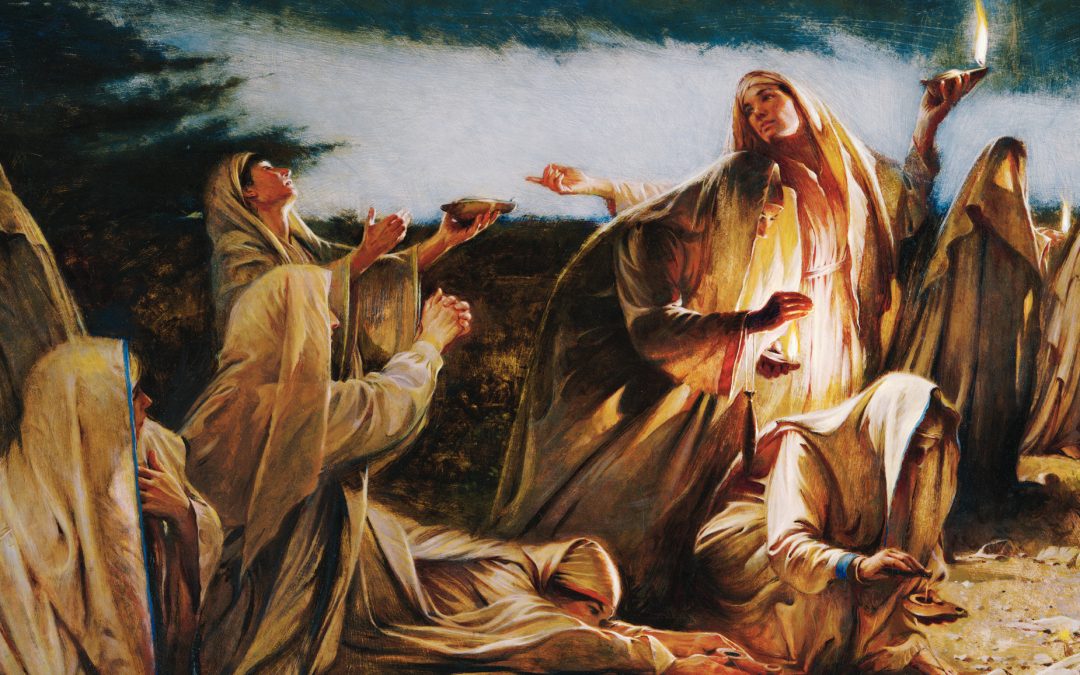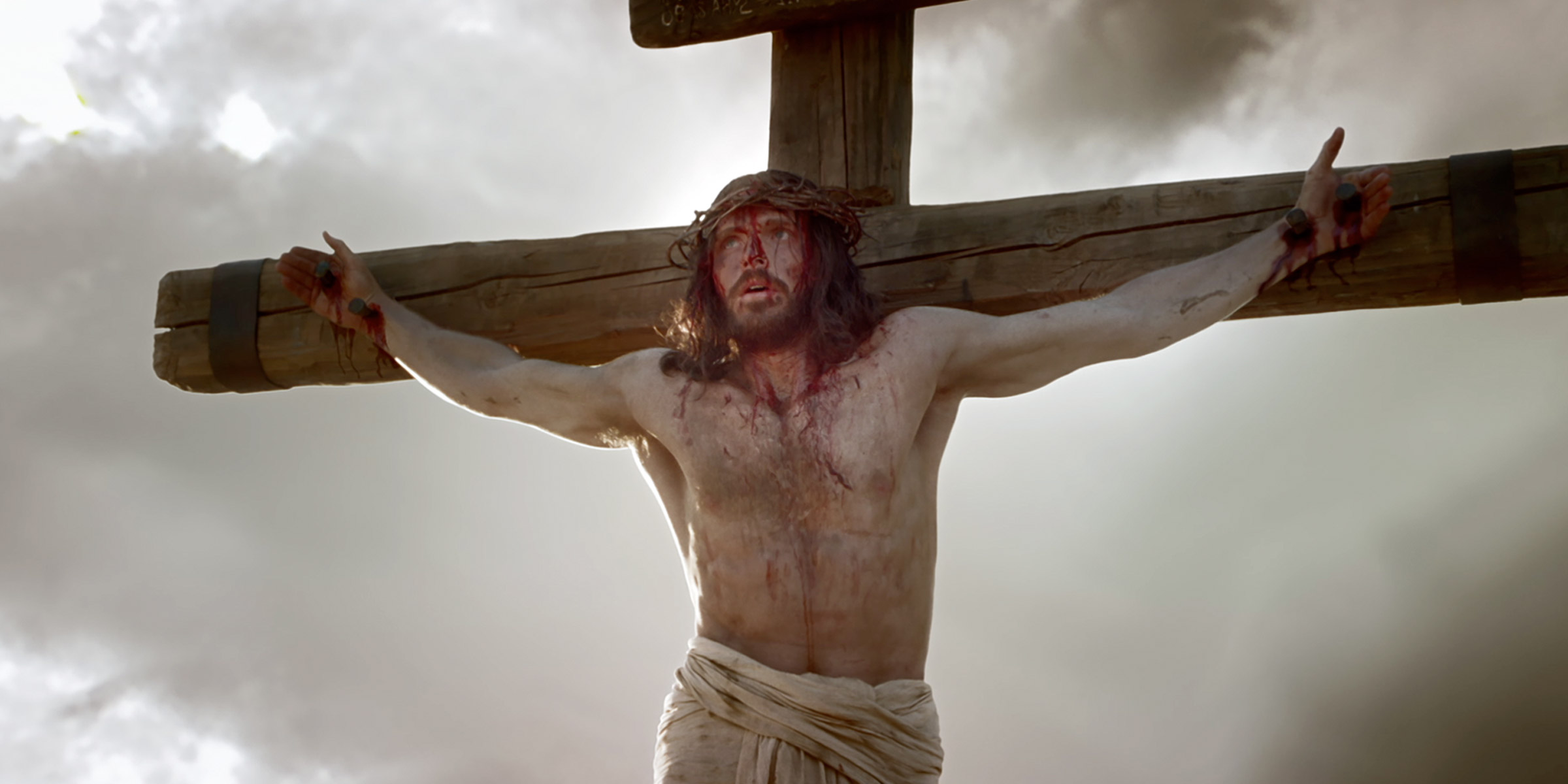United States of America
Twenty-four years later I am still reading the books I bought to assist my understanding from a variety of learned perspectives, and getting more out of them than ever I did in the hallowed place, Hopewell House, a Victorian pile that housed my Department. One of my best favourites is “The Interpretation of the New Testament 1861 – 1986,” by Bishop Stephen Neill, in its refreshed second edition published after Neill had died by his friend and fellow scholar, the Reverend Doctor Tom Wright. It is frank, detailed, refreshing, and offers many challenges to those that believe they know what the New Testament is really about. I am grateful to both men for their willingness to share their insights into this engaging subject. On my own part, the New Testament is sacred scripture, otherwise referred to as ‘the word of God.’ For that reason alone, I hold it in reverence and look to it for teachings that help me become a better Disciple of Jesus Christ and a more fitting example Christian Discipleship.It is sometimes in the contemplation of the words of the New Testament that a lamp that has hitherto remained dark gutters into a bright source of illumination that edifies, redirects, and blesses. In my reading today I read what Neill said about the parable of the wise and foolish virgins. Neill refers to another of my scholar-heroes, the redoubtable CH Dodd, once of Manchester University, a Presbyterian Minister when Presbyterians had not been disappointingly lost along with other distinct non-conformist denominations that dotted the West Yorkshire landscape and became, as ‘twere, the disenchanting shade of khaki that Plasticine becomes when globs of its many colours are rolled and kneaded into one, robbing them of their distinctive hues.
Dodd writes with the intention not only of being read, but also of being understood. He does not hide behind arcane language as some scholars feel the need to do, but speaks to the ordinary disciple in the pew. He writes clearly and shares his powerful and well-supported views of what the Bible means in its many parts, and when writing about a part of the Bible he focusses on that part in ways that enrich the reader. Dodd coined the phrase ‘Realised Eschatology’ of the kind especially found in the Fourth Gospel where men are confronted by Jesus and it is demanded of them that they either accept him as who he claims to be, the Son of God, or else reject him. The consequence of accepting Jesus as God’s Son is the immediate grant of salvation, and the consequence of rejection is instant and irreversible damnation. Of course, if we could get the author in the witness box we might probe and question him for ‘further and better particulars,’ a phrase with which I became familiar during the course of my first big disappointment.
With realized eschatology carefully positioned in the mind, and registering its contradistinction to The Day of Wrath to come when the books will be opened as the great and small will stand at the Bar of God and be judged according to their works and then assigned to places by the Great Judge. That is, I suppose, delayed eschatology, or that which is yet to come. In these two ways, we find an interesting if unacknowledged division of John, the putative author of the Fourth Gospel, and Paul, who looked beyond this present time to a future time when judgement would occur, not instantly as per John, but after death as per Paul.
In this particular Neill introduces the Parable of the Ten Virgins, a story whose teachings have been probed at length by sermonisers for millennia and by Sunday School teachers for a couple of centuries since Robert Raikes decided something must be done to stop the children of the poor, released from industrial slavery on Sundays, from robbing and despoiling the homes of the affluent that were away from home attending church services. The parable has served the purpose of preparing the wise for the future appearance of the Son of God, an event widely described as the Parousia. I remember when I was in Tennessee driving northwards seeing a hand crafted clumsily daubed sign at the roadside:
He is coming!
Are YOU ready?
Then shall the kingdom of heaven be likened unto ten virgins, which took their lamps, and went forth to meet the bridegroom. And five of them were wise, and five were foolish. They that were foolish took their lamps, and took no oil with them: But the wise took oil in their vessels with their lamps. While the bridegroom tarried, they all slumbered and slept. And at midnight there was a cry made, Behold, the bridegroom cometh; go ye out to meet him. Then all those virgins arose, and trimmed their lamps. And the foolish said unto the wise, Give us of your oil; for our lamps are gone out. But the wise answered, saying, Not so; lest there be not enough for us and you: but go ye rather to them that sell, and buy for yourselves. And while they went to buy, the bridegroom came; and they that were ready went in with him to the marriage: and the door was shut. Afterward came also the other virgins, saying, Lord, Lord, open to us. But he answered and said, Verily I say unto you, I know you not. Watch therefore, for ye know neither the day nor the hour wherein the Son of man cometh. [Matthew 25:1-13]
It is easy to see when reading the story that a future even lies well within its purview and no one should be faulted for taking to teach that we should prepare in good time if we are to meet Jesus properly and not leave our preparations until it is either too late then it could be already too late. Yet the merest thought that this belongs to realised eschatology where the believer ensures he or she is prepared to encounter, accept, love, and obey Jesus right this minute without having to take time to make one’s self prepared to meet Jesus at a more convenient time and so avoid the risk of instant damnation, will have appeal for some. However, if we look at this through Dodd’s eyes, the time is now, right now, this minute, and Dodd’s Jesus brooks no delay or hesitation. At one point in the drama a voice from heaven commands, “Go ye forth to meet Him!” this offers no delay, we are neither to wait for him nor flit about frantically trimming lamp wicks, or rushing to pour oil into the lamp’s reservoir and finding, as if you didn’t know, that you had run out of oil and hadn’t troubled to replenish your stock, saying, “Some more convenient time, I’ll take care of the oil shortage.” But you didn’t and now you are bidden to take your lamp out into the darkness and “Go forth to meet Him!” This is not, as some believe, the notice of Christ's approach, but it is the notice of Christ’s presence. In the words of Christina Rosetti: It will be late to labour then or pray …
Alma gave timely warning that the faithful will heed and take into our hearts and minds, reinforcing it with determination:
For behold, this life is the time for men to prepare to meet God; yea, behold the day of this life is the day for men to perform their labours. [Alma 34:32]
But of the times and the seasons, brethren, ye have no need that I write unto you. For yourselves know perfectly that the day of the Lord so cometh as a thief in the night. For when they shall say, Peace and safety; then sudden destruction cometh upon them, as travail upon a woman with child; and they shall not escape. But ye, brethren, are not in darkness, that that day should overtake you as a thief. [1 Thessalonians 5:1-4 emphasis added]
Paul says the lord will give no warning but will come upon us as a thief comes in the night. Thieves do not announce their intention of robbing the unfortunate, they come under cover of darkness when they are not expected, and they take what they want to the detriment of the householders that have been robbed. Why, then, will Jesus come ‘like a thief in the night’? Why will he not give advance warning so that we can be prepared to meet him on favourable terms? It is suggested that this is because Jesus is already here and our lives should conform to his teachings and our lamps should be filled and trimmed always so that we may continually receive him. This is what Paul writes to the saints at Thessaloniki, telling them that because they have accepted Jesus they will be left without excuse if every moment of their lives is not lived in solidarity with him. Those that know Jesus have no need to prepare to receive him because they have already done so and also because they ‘always remember him’ and ‘have his Spirit to be with them.’ Although this may be a surprise to some, it should not be because Jesus promises to do exactly that. If ye love me, keep my commandments. And I will pray the Father, and he shall give you another Comforter, that he may abide with you for ever; Even the Spirit of truth; whom the world cannot receive, because it seeth him not, neither knoweth him: but ye know him; for he dwelleth with you, and shall be in you. I will not leave you comfortless: I will come to you. Yet a little while, and the world seeth me no more; but ye see me: because I live, ye shall live also. At that day ye shall know that I am in my Father, and ye in me, and I in you. He that hath my commandments, and keepeth them, he it is that loveth me: and he that loveth me shall be loved of my Father, and I will love him, and will manifest myself to him. Judas saith unto him, not Iscariot, Lord, how is it that thou wilt manifest thyself unto us, and not unto the world? Jesus answered and said unto him, If a man love me, he will keep my words: and my Father will love him, and we will come unto him, and make our abode with him. He that loveth me not keepeth not my sayings: and the word which ye hear is not mine, but the Father's which sent me.
These things have I spoken unto you, being yet present with you. But the Comforter, which is the Holy Ghost, whom the Father will send in my name, he shall teach you all things, and bring all things to your remembrance, whatsoever I have said unto you.
Peace I leave with you, my peace I give unto you: not as the world giveth, give I unto you. Let not your heart be troubled, neither let it be afraid. Ye have heard how I said unto you, I go away, and come again unto you. If ye loved me, ye would rejoice, because I said, I go unto the Father: for my Father is greater than I. And now I have told you before it come to pass, that, when it is come to pass, ye might believe. [John 14:15-29]
What could be plainer than: “the Father … shall give you a Comforter, that he may abide with you for ever,” “I will come to you,” and, “If a man love me, he will keep my words: and my Father will love him, and we will come unto him, and make our abode with him.” Neither the Father, the Son, nor the Holy Ghost make idle promises. The language Jesus uses here is not a simile and cannot be explained away as poetic whimsy. When Jesus promises those that obey his Gospel will have both his Father and himself make their home with him we can be sure they will do so. In such a circumstance which of us lamps will not be prepared every hour of every day so that the Divine Visitors do not leave? With such a blessing in mind, who among us will not do all that is necessary to secure the promise? Jesus will come ‘as’ a thief in the night, but he will not ‘be’ a thief. He explains, The thief cometh not, but for to steal, and to kill, and to destroy: I am come that they might have life, and that they might have it more abundantly. [John 10:10]
Jesus will not steal, rather he comes to provide not deprive. His hearers understood his reference to the thief in the night as a reference to incidents that sometimes took place in the temple at Jerusalem when the watchmen should be awake. We must be aware that both Paul and Peter use the term in their writings. We have already looked at Paul’s statement in his First Epistle to the Thessalonian church. For yourselves know perfectly that the day of the Lord so cometh as a thief in the night. [1 Thessalonians 5:2]
The day of the Lord will come as a thief in the night; [2 Peter 3:10]
Behold, I come as a thief. Blessed is he that watcheth, and keepeth his garments, lest he walk naked, and they see his shame. [Revelation 16:15]
Behold, I come as a thief. Blessed is he that watcheth, and keepeth his garments, lest he walk naked, and they see his shame. [Revelation 16:15]
Behold, I come as a thief. Blessed is he that watcheth, and keepeth his garments. Edersheim writes with the flavour of an eye-witness that is absent when someone that has not seen for themselves attempts to speak or write as though they had. He writes: Perhaps one of the most striking instances of this kind is afforded by the words quoted at the head of this chapter— Blessed is he that watcheth, and keepeth his garments. They literally describe, as we learn from the Rabbis, the punishment awarded to the temple-guards if found asleep at their posts; and the Rabbinical account of it is curiously confirmed by the somewhat naïve confession of one of their number [Rabbi Elieser ben Jacob, in Middoth, I, 2.], that on a certain occasion his own maternal uncle had actually undergone this punishment of having his clothes set on fire by the captain of the Temple as he went his rounds at night. [Pages 142-143]
Behold, I come as a thief. Blessed is he that watcheth, and keepeth his garments, lest he walk naked, and they see his shame. We should be comforted to know that if we are not asleep when the Saviour comes we shall not be taken unawares and shamed. Our commission is to live each minute as if the Savour was only one second away from his Coming, and also to live faithfully and obediently so that the Saviour, his Father, and the Holy Spirit will not be driven from us but continue to abide in us as Jesus promised in John 14. Should we be nervous, or should we ensure that we have no need to be afraid? In this Final Dispensation we have the reassurance that those valiant in the testimony of Jesus will be taken care of according to their faithfulness by being sure and steadfast Disciples of Jesus Christ. I tell you these things because of your prayers; wherefore, treasure up wisdom in your bosoms, lest the wickedness of men reveal these things unto you by their wickedness, in a manner which shall speak in your ears with a voice louder than that which shall shake the earth; but if ye are prepared ye shall not fear. And that ye might escape the power of the enemy, and be gathered unto me a righteous people, without spot and blameless-- [D&C 38:30-31]
Latest posts by Ronnie Bennett-Bray, Moroni Channel (see all)
- Tabernacle Choir wowed Philippine Senate following invitation from Senate President Zubiri - February 28, 2024
- Tabernacle Choir to Perform for the Philippine Senate - February 28, 2024
- Tabernacle Choir and Orchestra at Temple Square Delights Filipino Fans with “Himig ng Pag-asa” Tour Debut - February 24, 2024
- Philippines surprise TabChoir with a cultural performance during their welcome dinner - February 23, 2024





